Letting art do the work that science cannot: Bonanza Creek’s In a Time of Change program
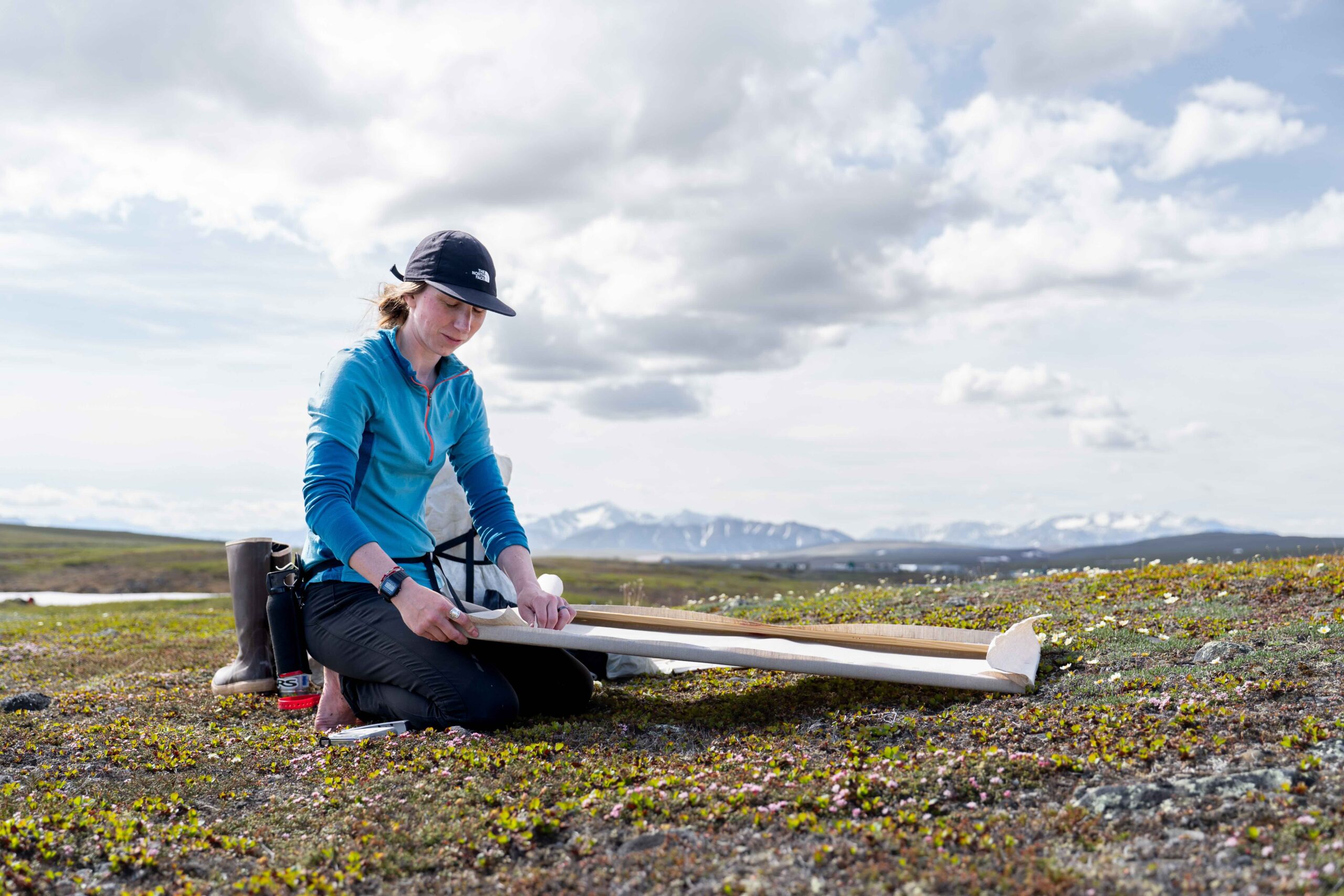
The In a Time of Change program at the Bonanza Creek LTER brings together artists and scientists to generate new ways of understanding nature.

The In a Time of Change program at the Bonanza Creek LTER brings together artists and scientists to generate new ways of understanding nature.
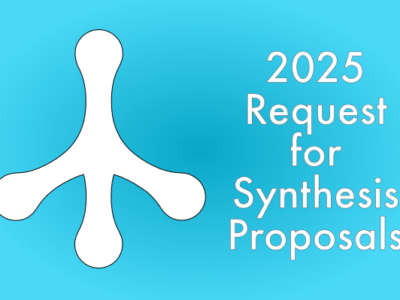
The data produced at LTER sites are an extraordinary scientific resource that can inform a wide variety of questions. Among-site comparisons interrogate the generality of effects observed at particular sites. Modeling efforts employ long term observations and experiments to formulate and test rigorous descriptions of theory. Scaling exercises get at the continental or even global… Read more »
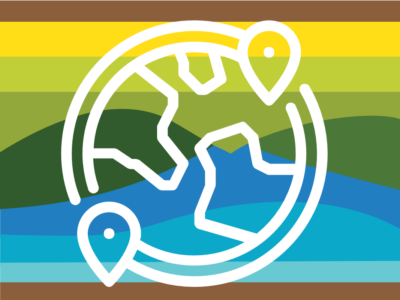
Apply to travel to a different site to pursue comparative research. Deadline: March 28, 2025.
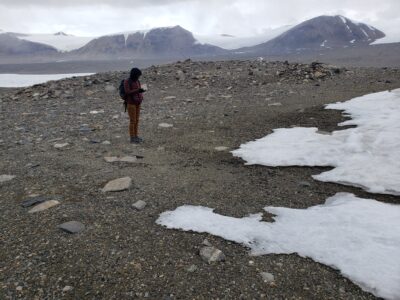
Remote sensing with field validation can accurately predict biocrust abundance in the Dry Valleys of Antarctica.
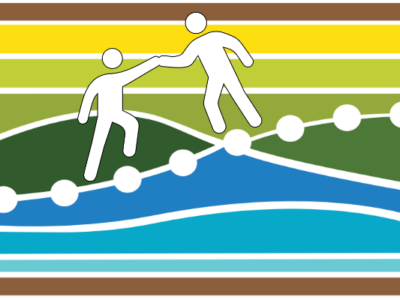
The Entering Mentoring program is an evidence-based mentoring approach specifically tailored to STEMM researchers. The LTER Network is piloting an in-network offering of this workshop series. Why Effective mentorship can set both mentees and mentors up for success, from small projects all the way through careers. Mentors will develop skills for engaging in productive and… Read more »
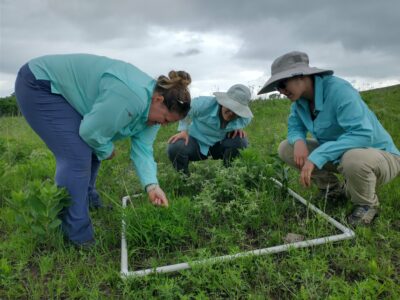
The CoRRE Working Group continues to develop new ways to study plant community change across the globe.

We spent nearly three months at Toolik Field Station studying processes in the Arctic tundra that range from individual fluorescence in leaves to tree growth north of the treeline!
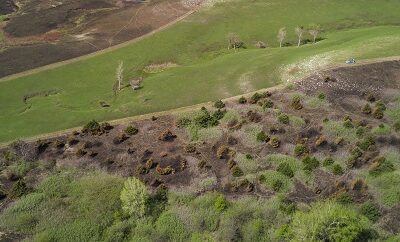
by Dante Capone, PhD Student at the Scripps Institute of Oceanography and the California Current Ecosystems LTER Invasion of woody shrubs into grasslands disrupts the water cycle, with cascading effects on the ecosystem and conservation. A Prairie Transformed: The Puzzle of Vanishing Water In the tallgrass prairie of Kansas’ Konza Prairie LTER, rain filters through… Read more »
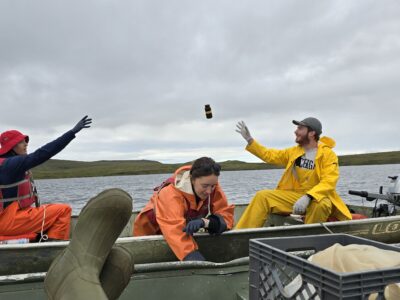
In 2024, we invested in people, in science, and in our ability to impact others. We hope we will carry this momentum into the next decade.
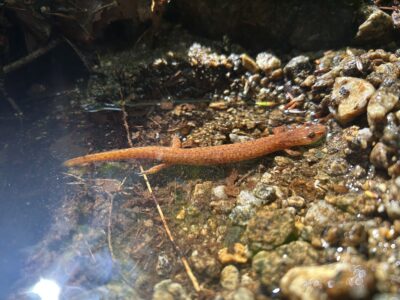
So why salamanders? It’s almost always the first question I get when I tell people about my research, says Eric Lyons in this SSALTER Blog post.